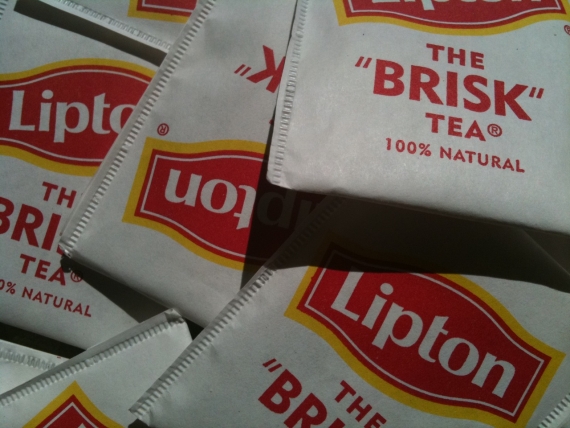Which Candidates are Tea Partiers?
Who are the Tea Party candidates and who will be the Tea Party office holders?
Ok, to follow on from my previous post, the question exists as to which candidates actually ought to be understood to be “Tea Party candidates/office holders” after today? I note not just winners because looking as who loses and by how much will be interesting as well.
Again, there is a fundamental problem here insofar as there is no central authority/group/process that can officially convey the Tea Party label.
In trying to sort out reporters, pundits, and politicians mean when they talk about the Tea Party.
There seem to be three possible definitions:
1. Official Designation: Is the candidate endorsed by a specific Tea Party group? This would be the easiest way to indentify a candidate as a Tea Partier, but the difficulty, analytically speaking, is that there is no official Tea Party organization.
Along these lines, the Tea Party Patriots have a voter guide section, but I could not find an explicit endorsement list. Likewise, I did not find an endorsement list from Freedom Works. One guesses that at this stage of the game that both organization endorse the Republican candidates in all races, again leading to the conclusion that Tea Party is synonymous with Republican Party at the moment. That observation is not a critique, but just that: an observation.
The Tea Party Express has a list of endorsed candidates here.
2. Self-Identification: If there is no way to have an official Tea Party Seal of Approval, how about self-identification? I went to the web-sites of several candidates regularly identified as Tea Partiers in the press and found the following:
- Sharron Angle: no mention of the Tea Party on the main page or the issues page.
- Christine O’Donnell: no mention on the main page, the issues page or the about page.
- Joe Miller: no mention on the main page, the issues page or the about page.
- Carl Palladino: no mention on the main page, the issues page or the about page.
3. Media Designation: This is really where we see the direct association between a given candidate and the Tea Party movement. This is, of course, the most difficult to nail down as no specific standard that is being applied. Some in the media use the label “Tea Party” as an insult others as a compliment while others are simply trying to be accurate. Still, this is ultimately an analytically problematic category.
Some examples:
- Politico.com: 10 tea party candidates to watch
The one constant in the general discussion is that the candidates identified as “Tea Party candidates” are nominees who were not the choice of local GOP leadership: e.g., especially Sharron Angle in NV, Joe Miller in AK, Christine O’Donnell in DE, and Rand Paul in KY.
On that criteria, however, I am not sure that Marco Rubio in Florida counts nor does Mike Lee in Utah. Yet both are typically identified as Tea Party candidates.
Another thing that will be of interest will which Tea Partiers win and which lose. We know going into it all, for example, that Christine O’Donnell and Carl Palladino are likely to lose and that Miller and Angle are both in close races. Paul, Lee, Rubio and others are likely to win.
So, who do you all consider to be legitimate “Tea Party” candidates? Does it matter at this point? What the Tea Party more about mobilizing the vote than governing?

Crist seemed to have the support of the GOP leadership until he dropped out of the party’s primary.
“who do you all consider to be legitimate “Tea Party” candidates?”
Wrong guy to ask….but the Tea Party is synonymous with “Republican,” so my answer is “all Republican candidates.”
I’m just glad that today, the Tea Party is over. Finally, our national farce is finally over!